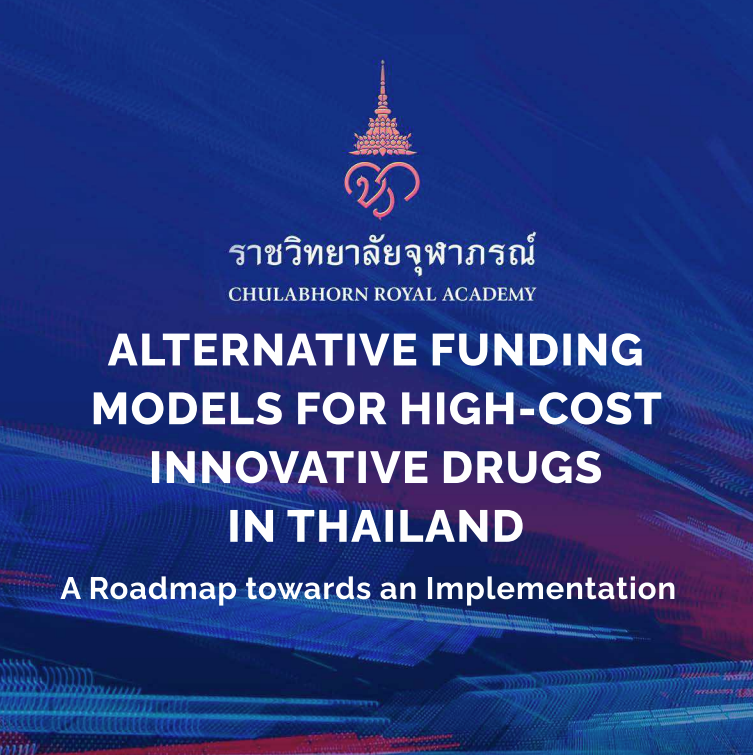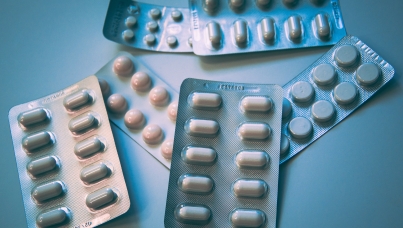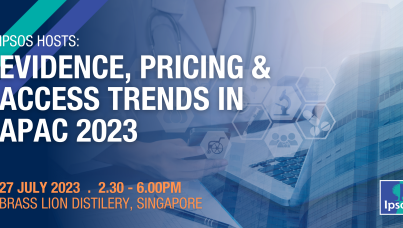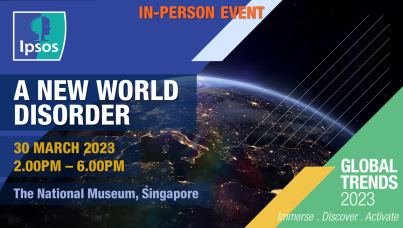Alternative Funding Models for High-Cost Innovative Drugs in Thailand – A Roadmap towards an Implementation
Despite advances in achieving universal healthcare coverage, there are pervasive problems in reimbursable access to anti-cancer drugs in Thailand. Like in many other countries, patients face delays in access to drugs and cancer remains a leading premature mortality. To address this, many countries have adopted the use of managed entry agreements (MEAs) which serves as a useful tool to improve patient access to high-cost drugs while reducing payer and societal cost uncertainties, thereby reducing time to access, and improving patient outcomes. However, MEAs are currently not adopted in the South-East Asian region (i.e. ASEAN), and Thailand can potentially be a pioneer in the region for MEA implementation.
As a follow up to the publication of our initial white paper entitled “Modernization of Thailand Health Technology Assessment – Identifying Alternative Approaches in Thailand Health Technology Assessment to Improve Cancer Patient Outcomes”, Ipsos designed a research programme seeking to establish a roadmap towards the implementation of alternative funding models for high-cost drugs in Thailand. Key Thai senior stakeholders from a range of institutions (Chulabhorn Royal Academy (CRA), National Health Security Office (NHSO), Comptroller General's Department (CGD), Health Intervention and Technology Assessment Program (HITAP), National List of Essential Medicines committee, clinicians and academia representatives) were consulted to establish a viable alternative funding framework, including recommendations for the optimal implementation of pilot initiatives in Thailand.




